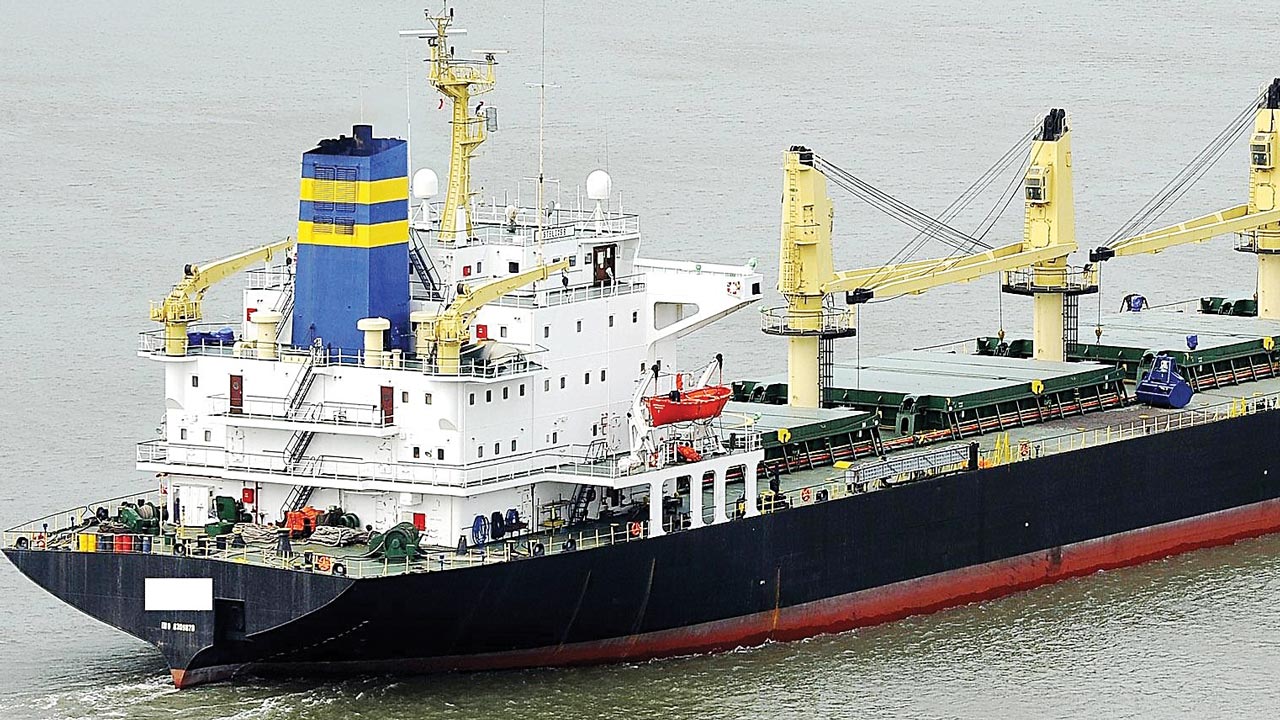
More facts have emerged on why Nigerians are yet to enjoy the gains of port reforms barely 10 years after concession. The stakeholders, who spoke at the town hall meeting organised by Business and Maritime West Africa in Lagos, said for Nigeria to actualize the dream of being a global player in the port logistic chain, there was need for government to pay serious attention to the port sector.
They argued that it is pertinent for government to collaborate with the private sector and must involve an all-embracing mechanism that will enthrone best practices as it relates to aspects of port operations and the sector in general.
The stakeholders, who dispassionately evaluated how far the country has gone in port operations identified number of reasons why Nigerians are yet to enjoy the gains of reforms in the ports and also to chart a way forward in order for her to realise its true maritime potential.
The Executive Secretary, Nigerian Shippers’ Council, Hassan Bello, identified some factors mitigating port reforms to include; Inadequate infrastructure, inadequate plants and equipment, insufficient power system, bad port access roads causing gridlock among others are needed to be given immediate attention.
Bello, who was represented by the Assistant Director, Compliance, Monitoring and Enforcement Division, Mrs Celin Ifeora, explained that the delay of an economic regulator made it difficult for Nigerians and stakeholders to fully enjoy the gains of port concession.
“The Nigerian Shippers’ Council was appointed the economic regulator in Feb 2004 to regulate and control the development and conducts of all economic activities in Nigerian ports which include to control tariff, rates and charges and to improve operational efficiency, to encourage competition, among others,”
He stressed: “In a liberalised industry like our ports, the role of an economic regulator is crucial in protecting and ensuring a level playing field for all stakeholders. The regulator must therefore be allowed to act independently from any market interest when making regulatory decisions. What is important in this regard is the need for the regulator to adhere to consultations and best practice in decision-making. The regulator needs the backing and support of all stakeholders because the regulator cannot do it alone. This is a clarion call for industry stakeholders to join hands with the regulator to make the port industry greater than ever,”
Founder, National Association of Government Approved Freight Forwarders (NAGAFF), Boniface Aniebonam said: “With reference to port user expectations from efficient ports, we are greatly worried about the possibility that we may be elevating failure to the status of world class given the current situation in Nigeria ports in terms of costs.
“If we admit that port concession is over 10 years old, would that be a good excuse for the increase in cargo clearance charges up to 300 per cent or more?”
He therefore urged the government to set up an ad-hoc Committee with Presidential and/or Ministerial mandate to verify and fine tune the current cargo handling practices and charges adopted by terminal operators, pending the establishment of the much-talked about National Transport Commission or an appropriate regulatory authority.
“We also make bold to say that the existing port challenges will need attention in such a manner that issues relating to local content, safety, security, transfer of technology and capacity building would be properly addressed.
“It should be noted that existing well-trained manpower in the industry are ageing and unless something drastic is done, we could be running into another serious catastrophe, when we will be faced with the problem of inadequate manpower. We sincerely believe if we can re-direct our efforts genuinely towards achieving a remarkable improvement in port efficiency and cost as against what currently obtains, we shall be adding more value to our country’s international trade. It is generally said that if a country has access to the sea, she equally has access to trade.”
Making reference to the law, he said: “We must ensure that our investors are protected at all times. Without prejudice to the fact that shipping concerns are dollar denominated, there is the need for consideration with regard to dollar rates for consideration with regard to dollar rates at the moment. The concessionairs are investors that have invested their hard-earned money. It is the general principle in business world-wide that there must be returns on investment. They deserve their returns of their investment.” He said.
The Publisher of Business and Maritime West Africa, Okey Ibeke said: “It is time for us to reflect passionately beyond the usual simplification of the problems confronting Nigerian ports. Of course, the cost of cargo and terminal handling charges is one of the factors, but without holding brief for the private terminal operators, it does not explain the preference for ports in neighbouring countries.
“If it was all about the import duties and other taxes paid in our ports, how does it make economic sense for an importer to incur double costs as is supposed to be the case when goods destined for Nigeria are shipped in through Cotonou Port in Benin Republic for instance?” Ibeke queried.



